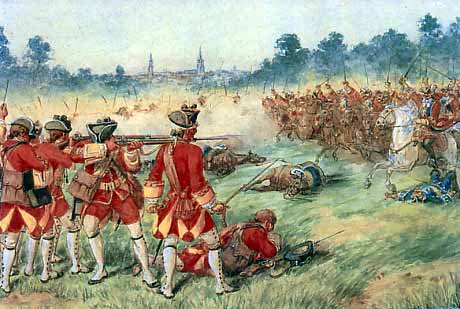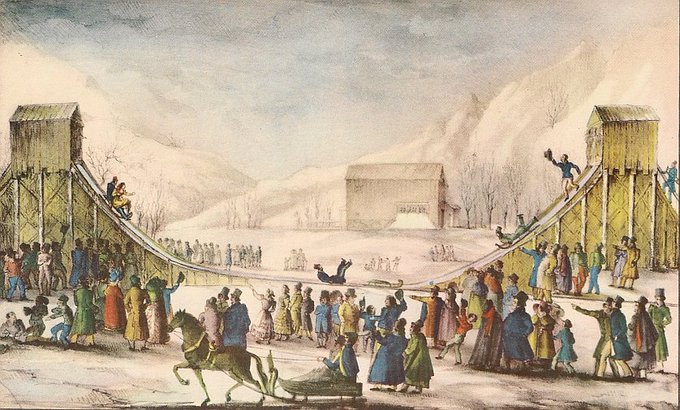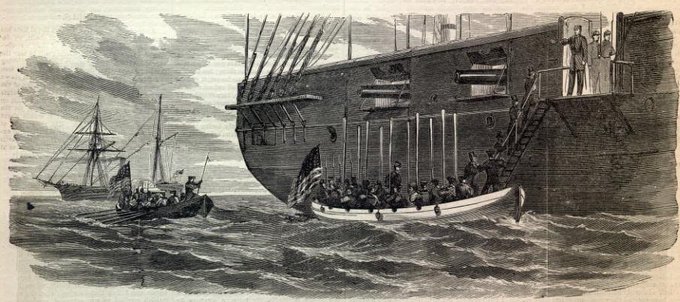On this day in 1756, Britain officially declares war on France. Both powers have already been fighting for at least two years in the wilderness of North America.
On this day in 1242, the armies of Novgorod defeat the Teutonic Knights on a frozen lake in what is now Estonia. The Battle of the Ice, as it becomes known, will be later immortalized in the 1938 Sergei Eisenstein epic 'Alexander Nevsky.'
On this day in 1763, the Treaty of Paris ends the Seven Years War. A defeated France cedes the vast territory of Canada to Britain in exchange for the Caribbean colonies of St Lucia, Guadeloupe & Martinique. Voltaire writes that all King Louis XV has lost is "a few acres of snow"
Mustang vs. Corsair — In 1944, the U.S. Navy pitted America's two best fighters against each other. See which one came out on top.
https://t.co/2vLhof5AQr
MHN welcomes articles from published authors & historians. Here are our recent contributors' latest books.
Keep reading https://t.co/OPQ1WMprO7 and help us support their work.
#twitterstorians
Charm Offensive – Inside Switzerland’s Surprisingly Polite Civil War of 1847
https://t.co/nqsDsWxwbO
RIGHT NOW in 1863, President Lincoln's Emancipation Proclamation takes effect. "All persons held as slaves within any State or designated part of a state in rebellion against the United States, shall be then, thenceforward, and forever free."
On this day in 1943, troops from Canada's 1st Infantry Division liberate the Italian city of Ortona. The victory marks the end of the Allies' "Bloody December."
On this day in 1810, Sweden declares war on Great Britain. Reluctantly forced into it by Napoleon, Stockholm takes absolutely no military action against the United Kingdom.
(Accordingly, here's a pic from the era of Swedes not fighting.)
On this day in 1861, the United States risks war with Great Britain as a boarding party from an American warship removes Confederate diplomats from the Royal Mail Ship Trent. London responds by sending troops to Canada.














